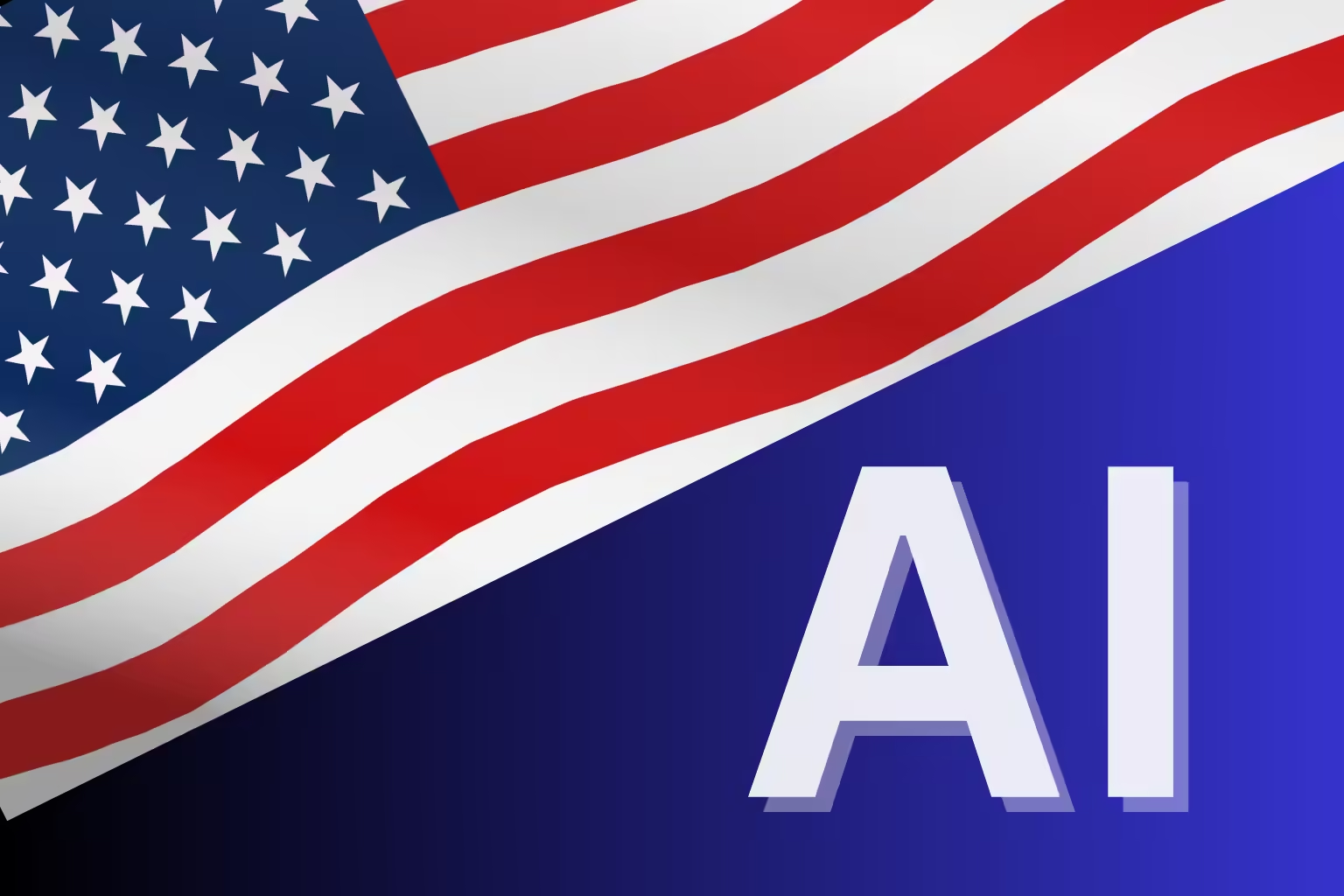
US Imposes Strict AI Chip Export Rules to Stay Ahead
The US intensifies AI chip export restrictions to maintain global dominance, targeting China’s access and empowering allies with unlimited AI technology.
The United States has announced tougher rules on exporting AI chips and technologies to maintain its position in the global AI industry. The plan aims to block access to AI chips for most countries but allows U.S. allies to use them freely.
New rules say that countries like China, Russia, Iran, and North Korea will still not be allowed to get advanced AI technologies. At the same time, important allies will have more freedom, helping the U.S. and its partners stay ahead in AI research.
U.S. Commerce Secretary Gina Raimondo emphasized the need to maintain America’s leadership in AI. Raimondo said, “The U.S. is ahead in AI development and chip design, and these steps will help us stay in the lead.”
These rules, made during President Joe Biden’s time in office, are the final part of a four-year plan to restrict China’s access to advanced AI chips. They also fill gaps by introducing tougher rules to manage global AI development and chip sharing.
The rules will start in 120 days when President-elect Donald Trump begins his term. Trump’s government has often expressed worries about China’s AI progress, which has created some common ground for both political parties.
The new rules will significantly affect powerful graphics processing units (GPUs), which are crucial for training AI models. American companies Nvidia and AMD, which are top producers in this field, experienced a 2-3% drop in their stock prices after the news.
A company like Microsoft, Google, or Amazon can apply for global permissions to build new data centers that are not limited by a country’s number of AI chips. Still, these companies cannot operate without strict rules for example safety restrictions and human rights issues.
This policy demonstrates how the U.S. wants to fund new ideas as it protects its territory against any form of attack. The US aims at preventing China’s access to key military technologies by restricting exports of chips and, on the other hand, ensuring safe development of AI alongside its partners.
While the US may be choosing to limit the exportation of AI chips, its partners may get even more opportunities for cooperation. For the future of AI relations between countries, much will depend on how the new administration implements these rules and regulations.

